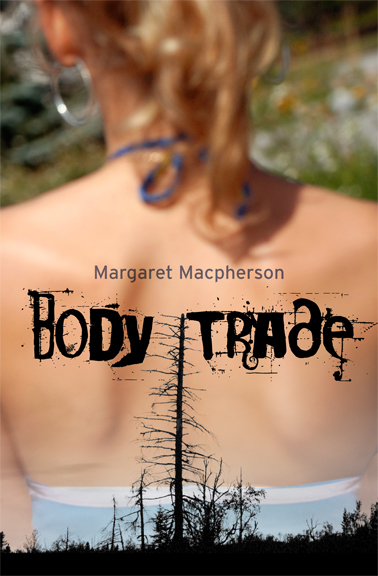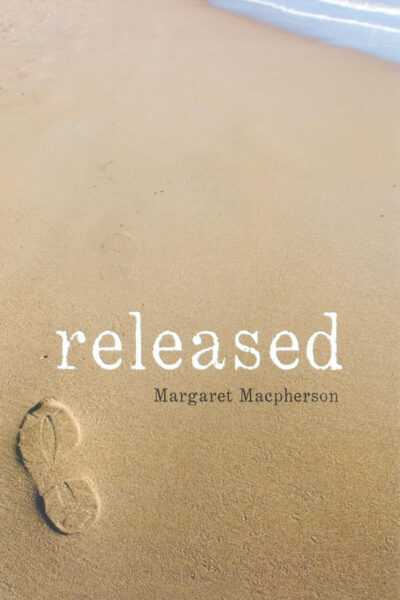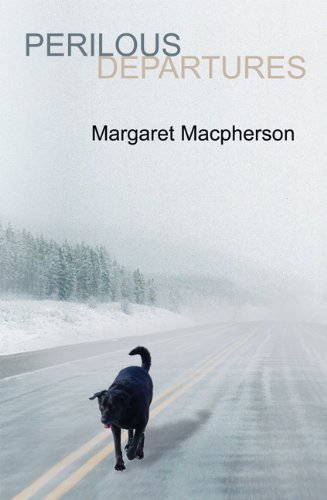“If contemporary fiction is fighting for its life, its followers ought to be on the lookout for writers who are brave enough to swim against the current tide.
And if a writer has genuine star quality, a sharper, deeper radiance than most, then he or she ought to be identified and celebrated without delay.
Time may be of the essence. Margaret Macpherson, a relatively unknown Maritime-born Albertan, is such a writer, and Body Trade, her seventh book and second novel, is the proof. She writes with the psychological insight of Carol Shields, the gravitas of Margaret Atwood, the poetic reflexes of Earl Birney and the earthy eroticism of Leonard Cohen, but her voice remains uniquely her own.
Body Trade, released by the Winnipeg literary house Signature Editions, is a haunting road novel best described as a poetic thriller grounded in the real world.
Macpherson also has one distinct advantage: her natural territory is comparatively untouched as literary landscape. She is a non-aboriginal native of the Northwest Territories, known vaguely to Canadians as “the North” and to readers around the world, if at all, as a new planet of undefined stretches of white space — snow, ice, fog, the cold. There is powerful mystery here, and Macpherson knows it.
That is where her story begins, when two young women come together in their desperation to escape what could only be their bleak northern futures.
Tanya is white, mid-20s, a hard case who has earned enough money as a bar maid to point her aging Rambler to the sun and beaches of Mexico; Rosie is Dogrib, still in her teens, a product of residential schools, and orphaned except for a brother in jail.
For her, a companion and a car are the equivalent of a magic carpet.
It’s 1972 and feminist energy is new, full of confidence and promise. The two girls, an unpredictable, mixed-race Canadian variation of Thelma and Louise, set off on a journey that will descend into a hell on earth beyond their combined ability to imagine.
The hostility of extreme cold slowly gives way to the suffocation of extreme heat, and the cultural exploitation of the northern forces to those of the South. There is little to smile at in Body Trade.
Macpherson goes back and forth between this fictional journey and another borrowed from actual history. In November 1972, a Beechcraft carrying native medical patients and piloted by bush pilot Martin Hartwell crash landed.
The only survivors, two men, one white and one native, were also forced to make choices that dictated whether they would live or die. In both the fictional and historical narratives, there will be only one survivor who will pay an unspeakable price for a second chance at life.
Body Trade keeps a tightening grip on its readers, racing to a final few chapters in which the heart pounds inevitably faster. The ending is an unexpected shock to the spirit.
The recent book marketing campaign that claimed that the world needs more Canada still lingers. To that should be added that Canada needs more Margaret Macpherson and writers like her, who offer sophisticated, substantive and poetic novels sure to keep an appetite for fiction alive and very well indeed.”


